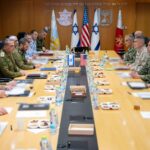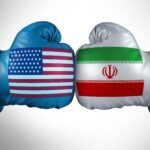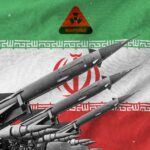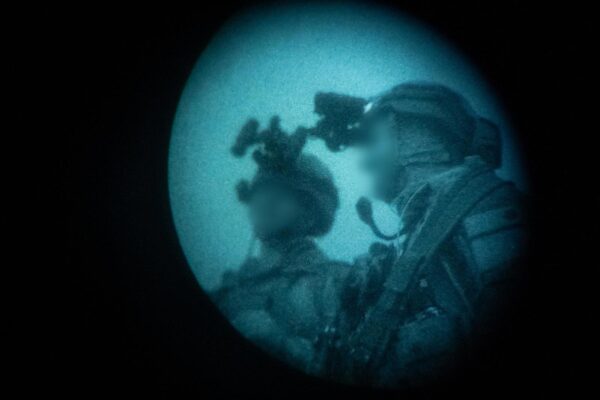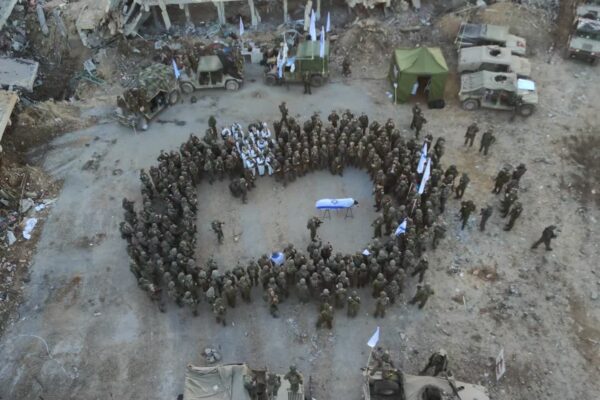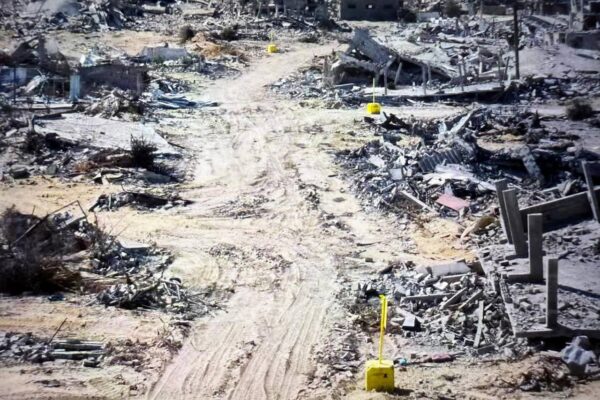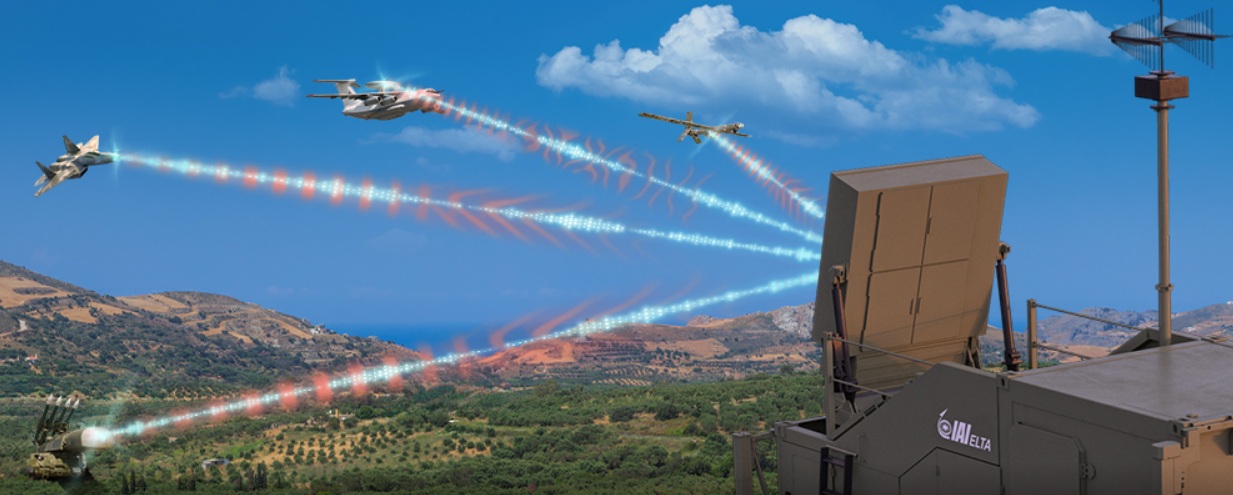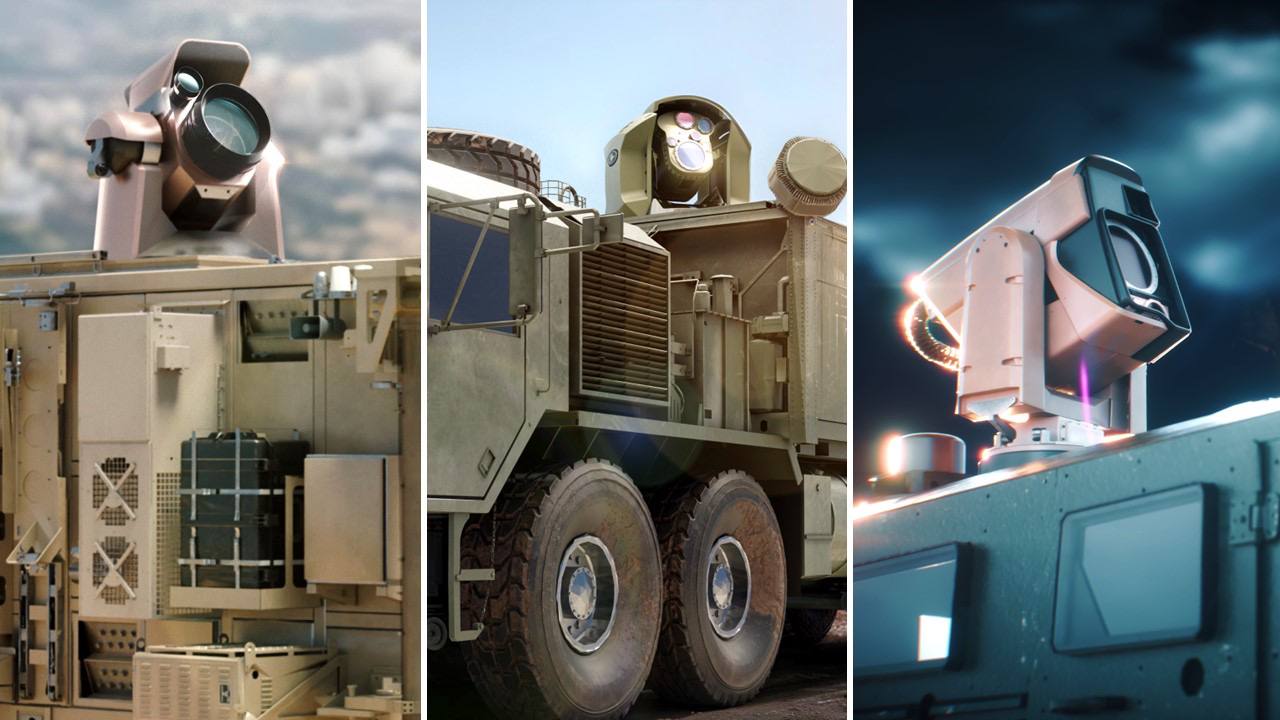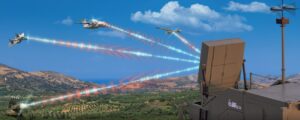A direct military campaign against Yemen would play directly into Iran’s hands. Not only would it be logistically difficult and potentially prolonged, but it would also have limited strategic impact.
By The IDF Club
The ballistic missile launched by the Houthis at Ben-Gurion Airport was more than a warning shot. It was a signal that Israel is being drawn into a broader proxy war, orchestrated not by Yemen itself, but by Iran.
Proxy warfare is Iran’s preferred method of regional aggression. It allows Tehran to fund and arm groups like the Houthis, Hezbollah, and others while shielding itself from direct consequences. When these proxies strike, retaliation is often directed at them—not at the true source of the threat.
This strategic use of deniability is designed to exhaust and entangle stronger states like Israel in peripheral conflicts.
A direct military campaign against Yemen would play directly into Iran’s hands. Not only would it be logistically difficult and potentially prolonged, but it would also have limited strategic impact.
Yemen lacks critical infrastructure, and the Houthi rebels operate in a decentralized manner, relying more on Iranian support than on domestic resources. Destroying Yemeni targets may cause damage, but it will not dismantle the Houthis’ capacity to continue attacking.
History offers a clear lesson: devastation alone does not deter determined enemies.
The British during the Blitz, and the Germans after Dresden, did not collapse under bombing campaigns—they emerged more resolute.
Similarly, striking Yemen risks rallying further hostility, not diminishing it.
Instead, Israel must focus on the real enabler: Iran. Disrupting the financial and logistical pipelines that fund and arm the Houthis is the only path to meaningful deterrence.
As international affairs scholar Stephen Walt has argued, great powers can be bled dry by proxy wars if they allow themselves to respond emotionally rather than strategically.
The key is to strike at the sponsors, not just the subcontractors.
Iran wants Israel spread thin—bogged down in prolonged engagements with proxies while Tehran remains untouched.
Avoiding that trap means resisting the urge for large-scale retaliation in Yemen and instead directing calibrated, targeted pressure on Iran’s networks of support.
If deterrence is the goal, then strategy—not retribution—must lead the way.




